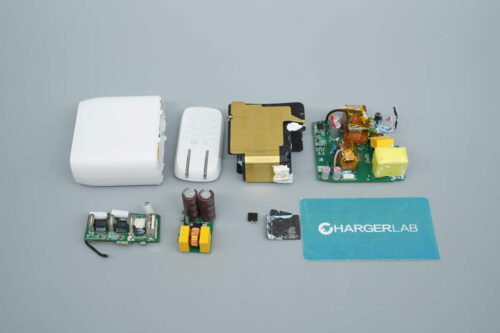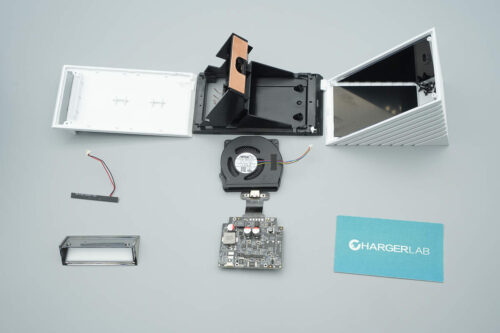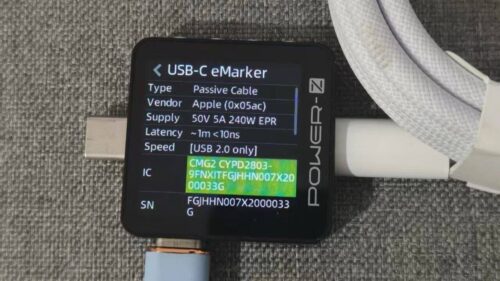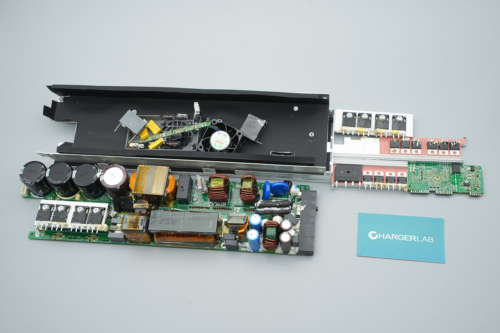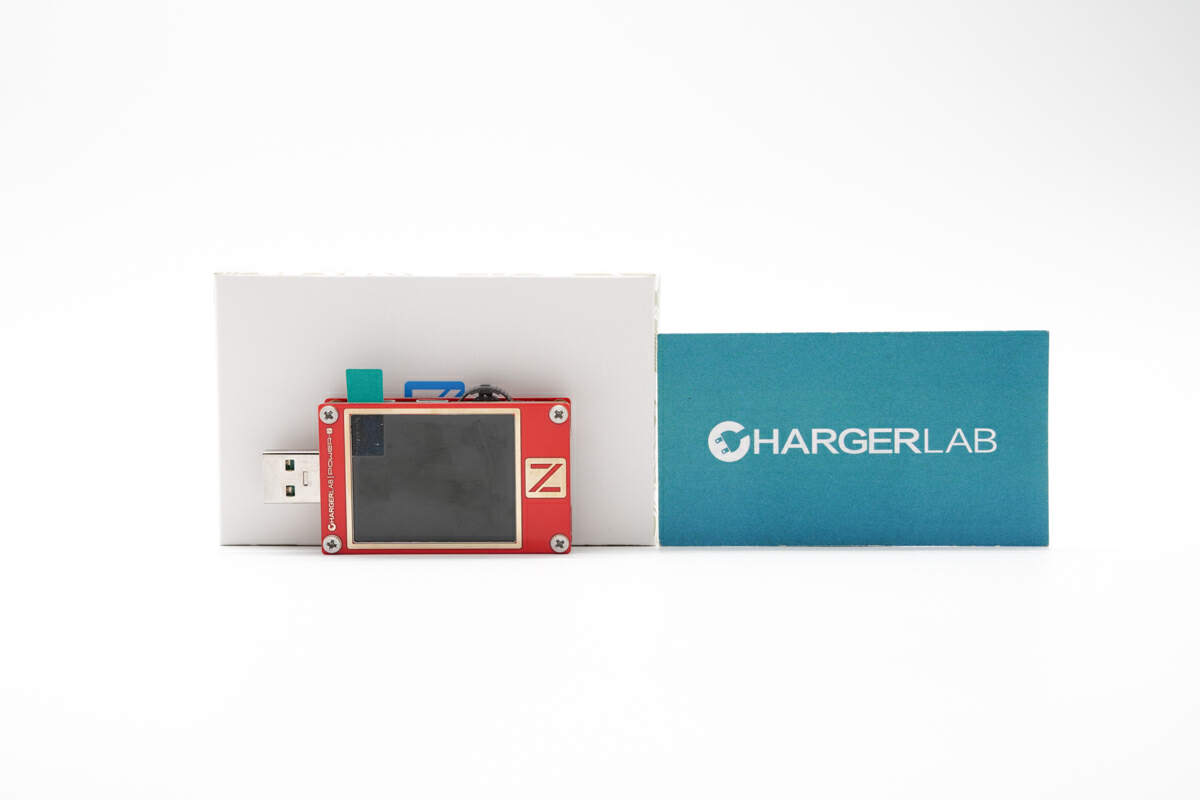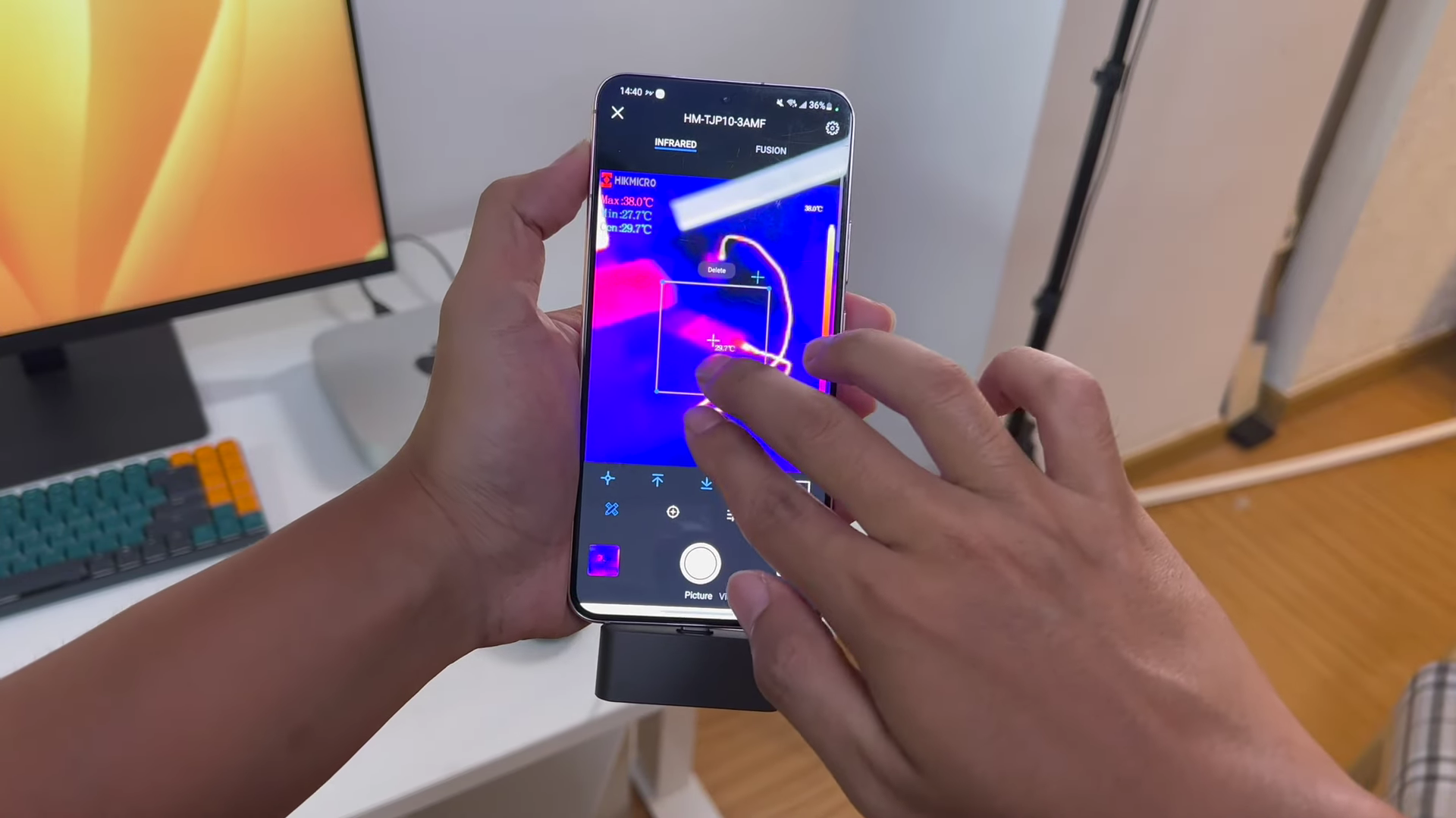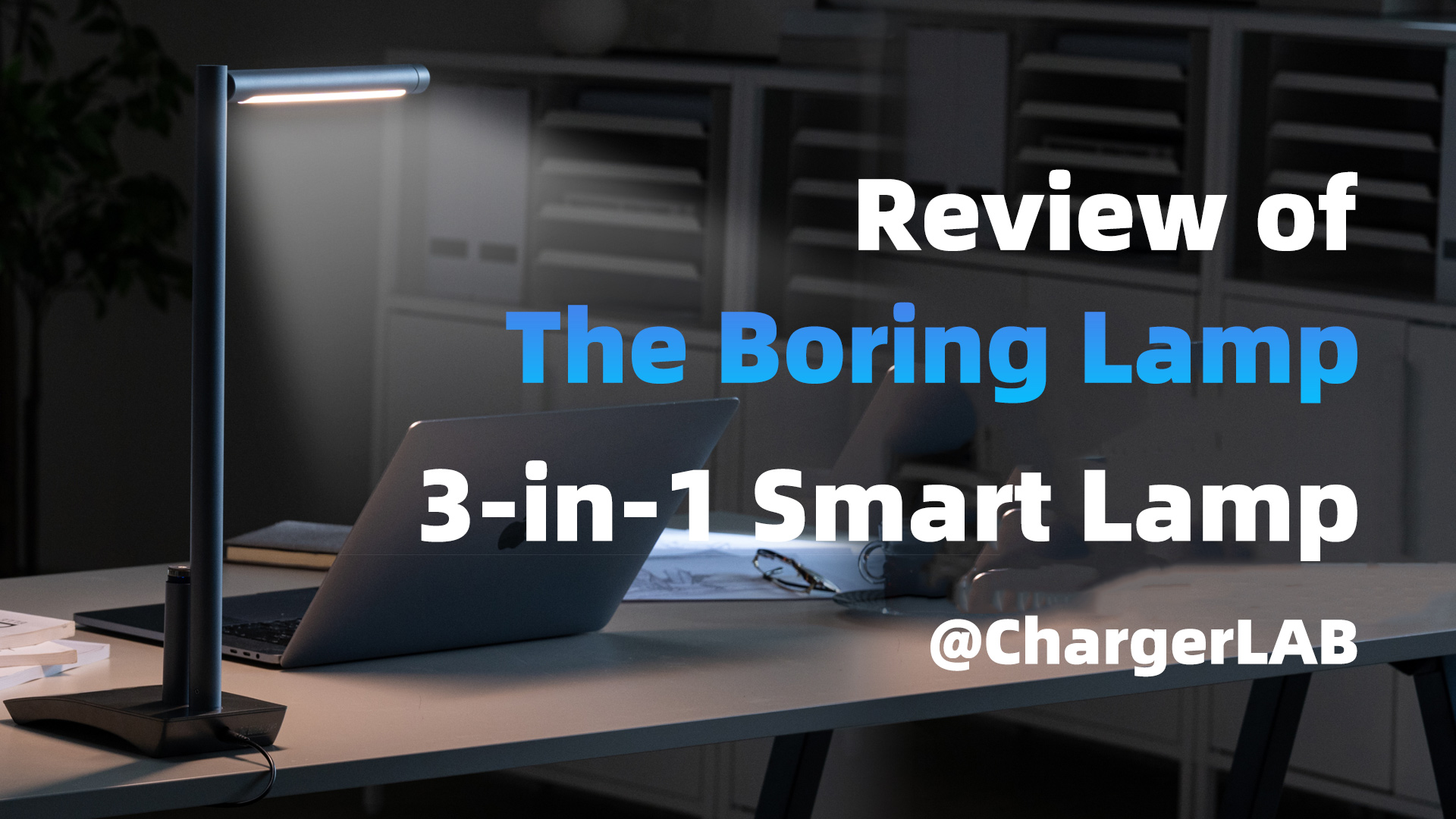Introduction
Whether it's the high-power AC/DC adapters left over from obsolete laptops or the power adapters from decommissioned routers, most of us have these items lying around in our homes to some extent. However, with the majority of modern smart devices now equipped with the mainstream and universal USB-C port, these "antiques" are left gathering dust in the corners.
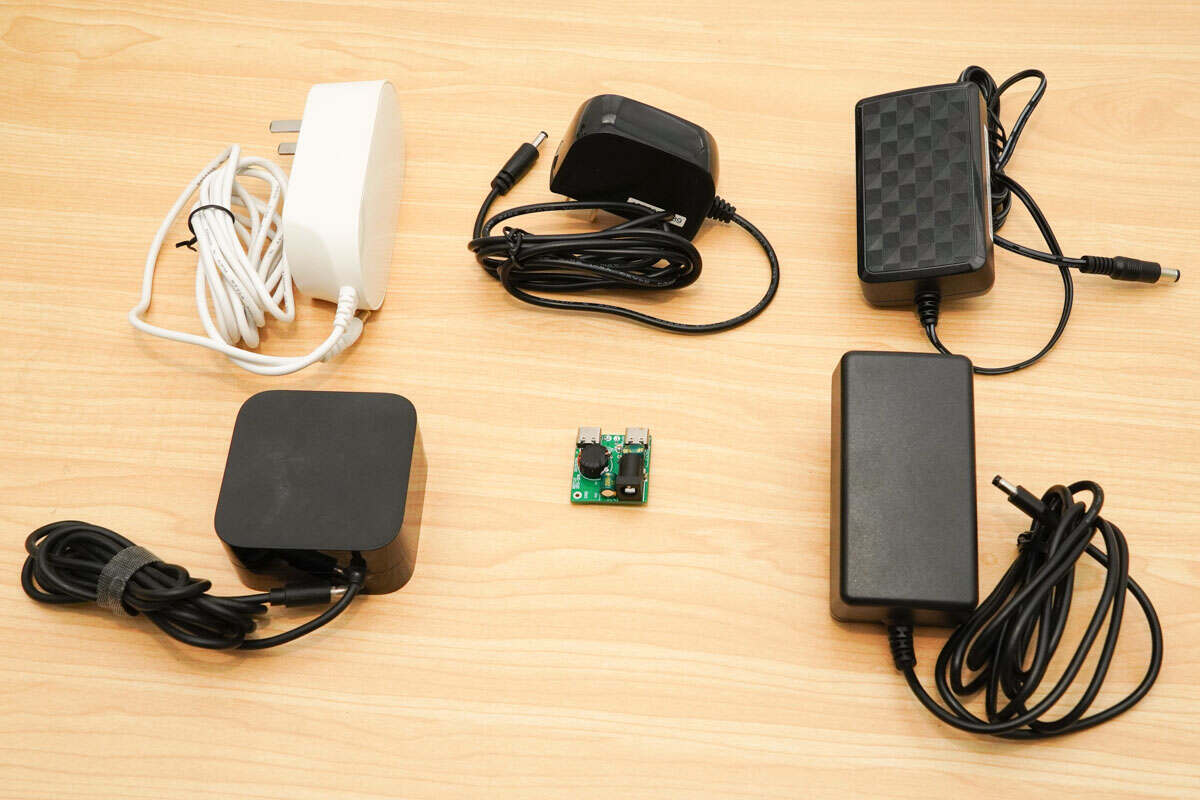
Today, we'll provide a brief introduction and review of a product similar to the HP USB-C to 3.0mm & 4.5mm Adapter we mentioned before. Its name is PDLink, well, kind of; because this project is still in its early stages, hence the bare PCB, but no worries, it will look much better when officially launched. This remarkable product can convert DC power adapters into a universal USB-C port for charging. Let's take a look!
Product Appearance
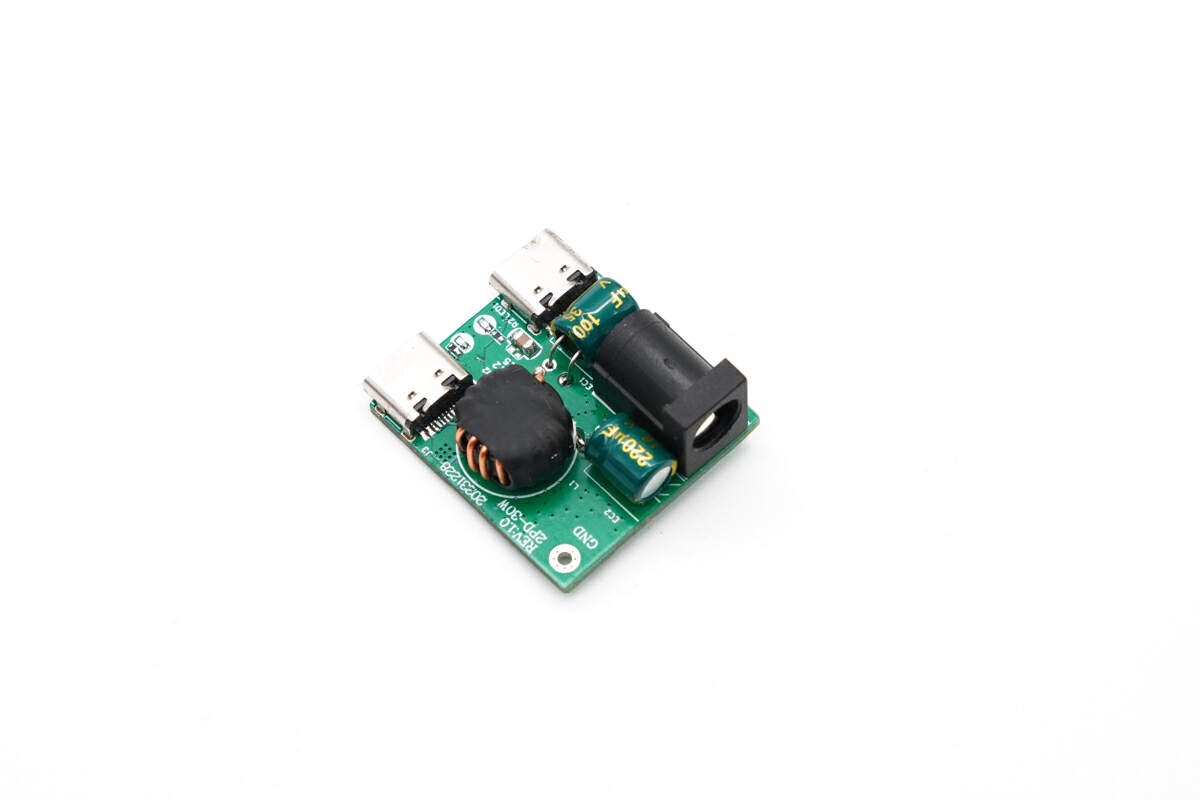
The PCB of PDLink is equipped with a 220uf/12V, a 110uf/35V filtering capacitor, an inductor wrapped in heat-shrinkable tubing, MLC capacitors, USB-C sockets, and other components, all neatly laid out.
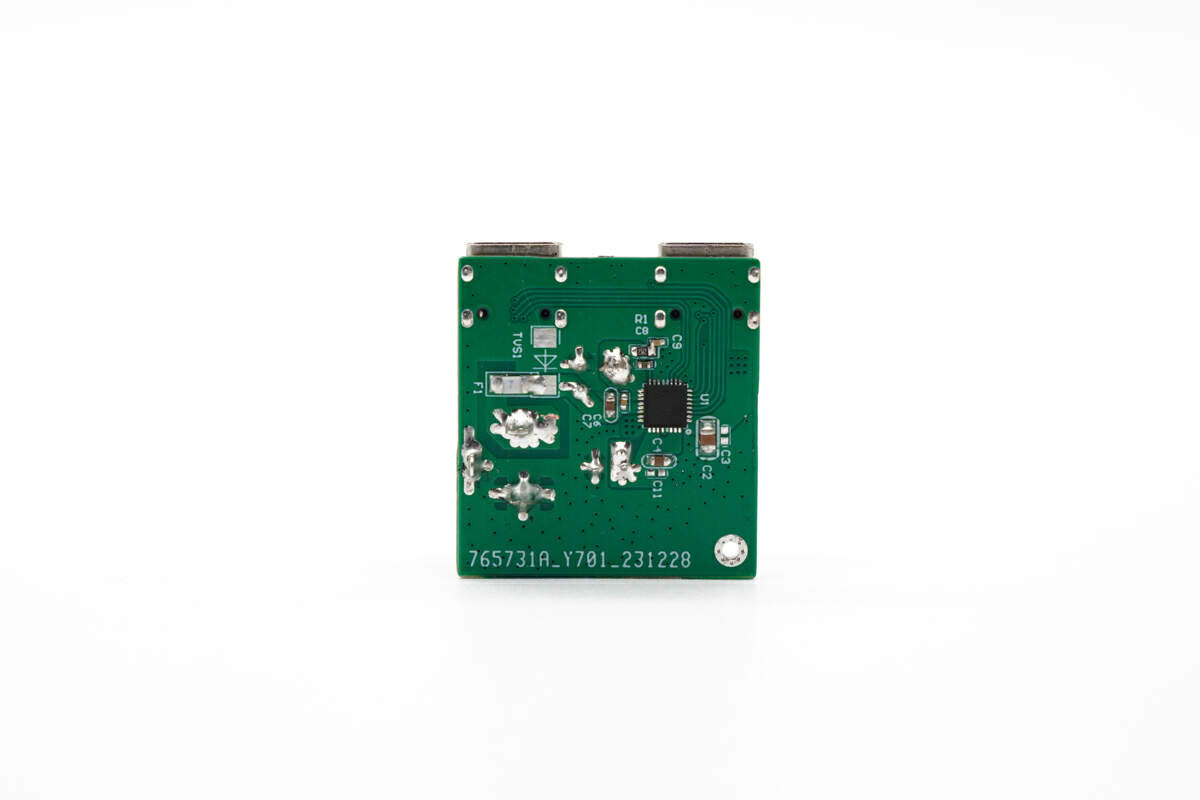
Additionally, its backside hosts a protocol chip responsible for protocol conversion.
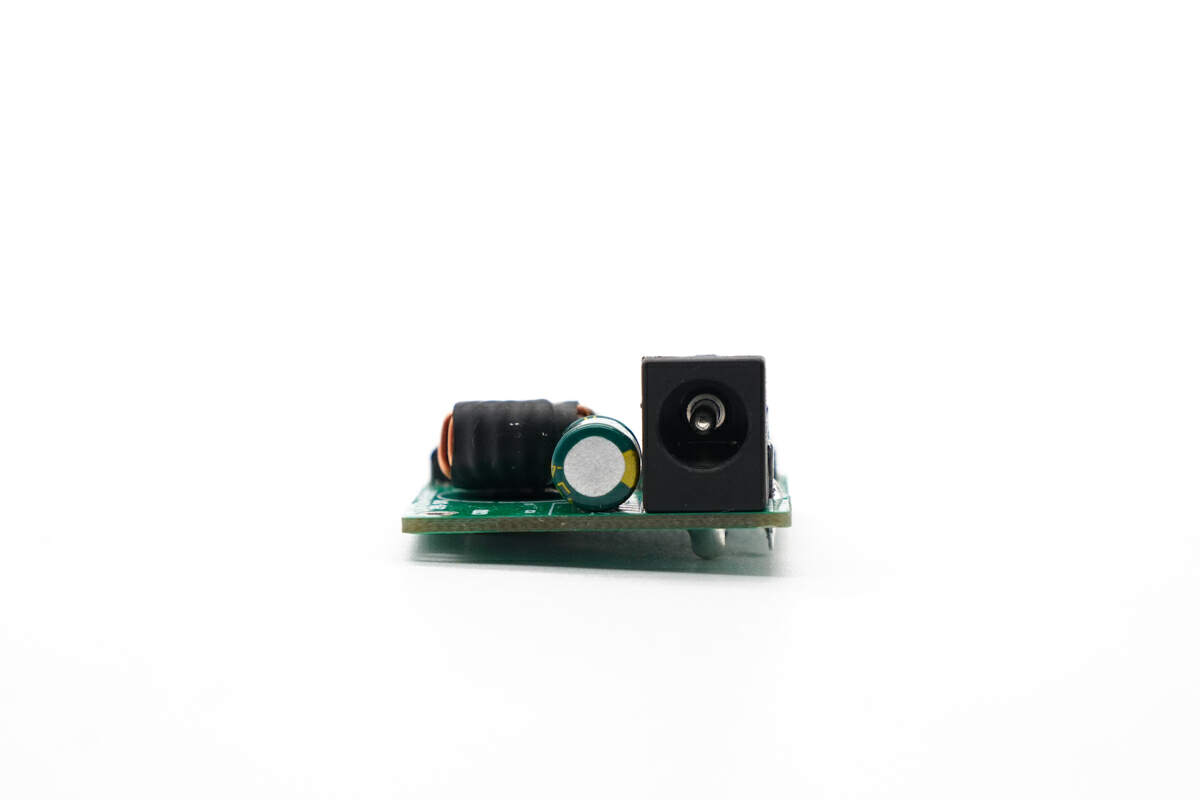
Looking from the side, the DC socket has full copper-nickel plated pin, more resistant to oxidation and wear, with a specification of DC 5520.
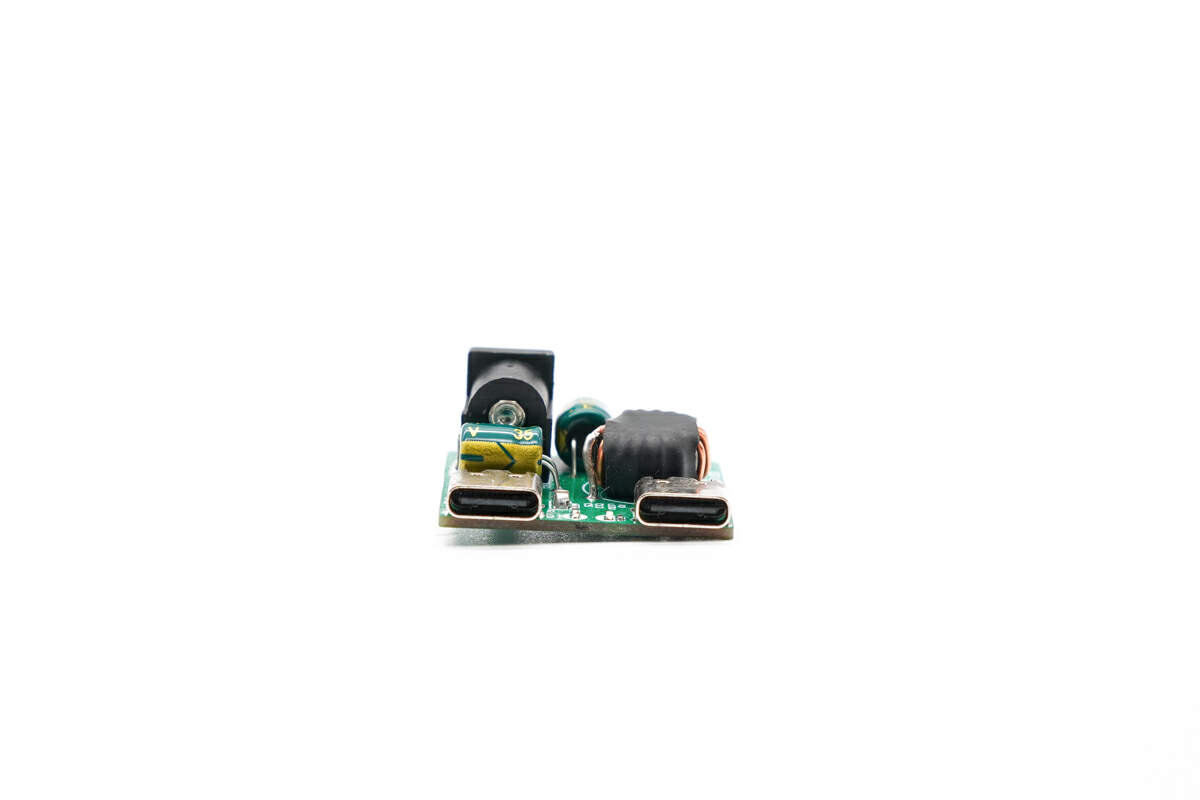
At the other end of the PCB are two USB-C sockets, with a black plastic sheet inside.
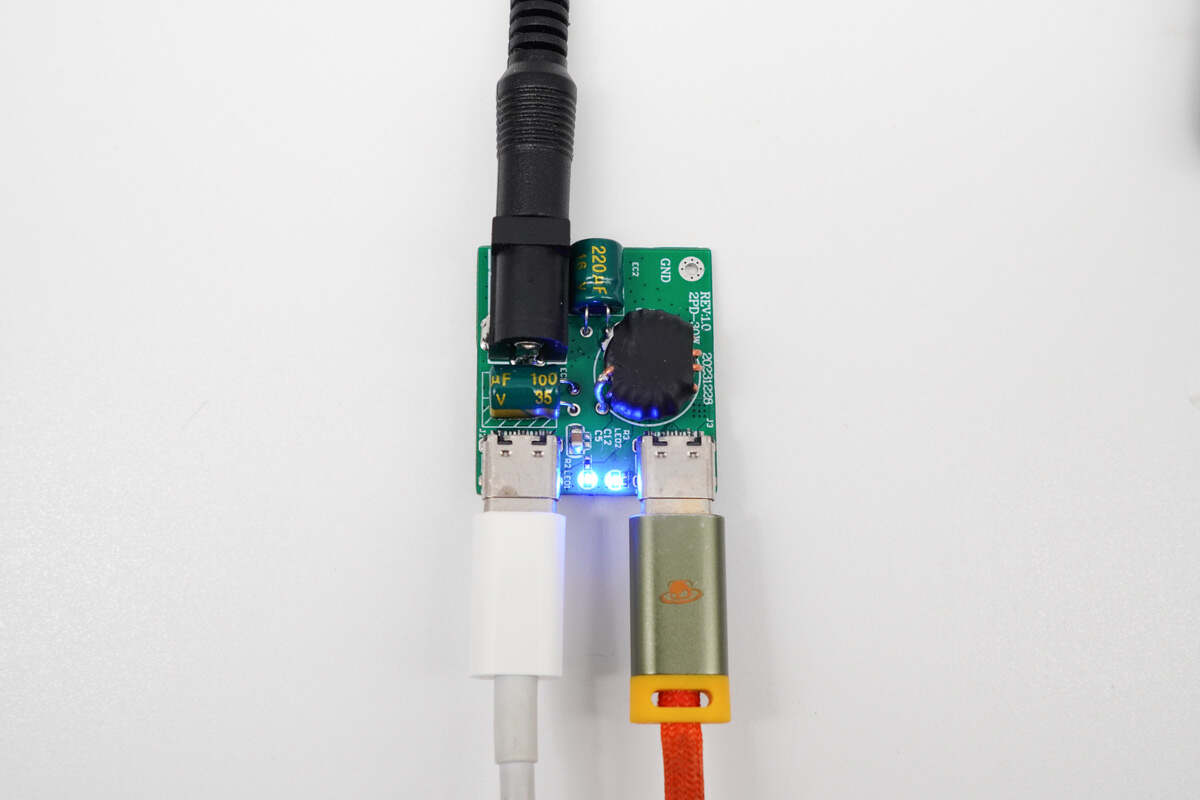
Moreover, there are two power-on LED indicators between the USB ports; the corresponding light will illuminate blue during charging.
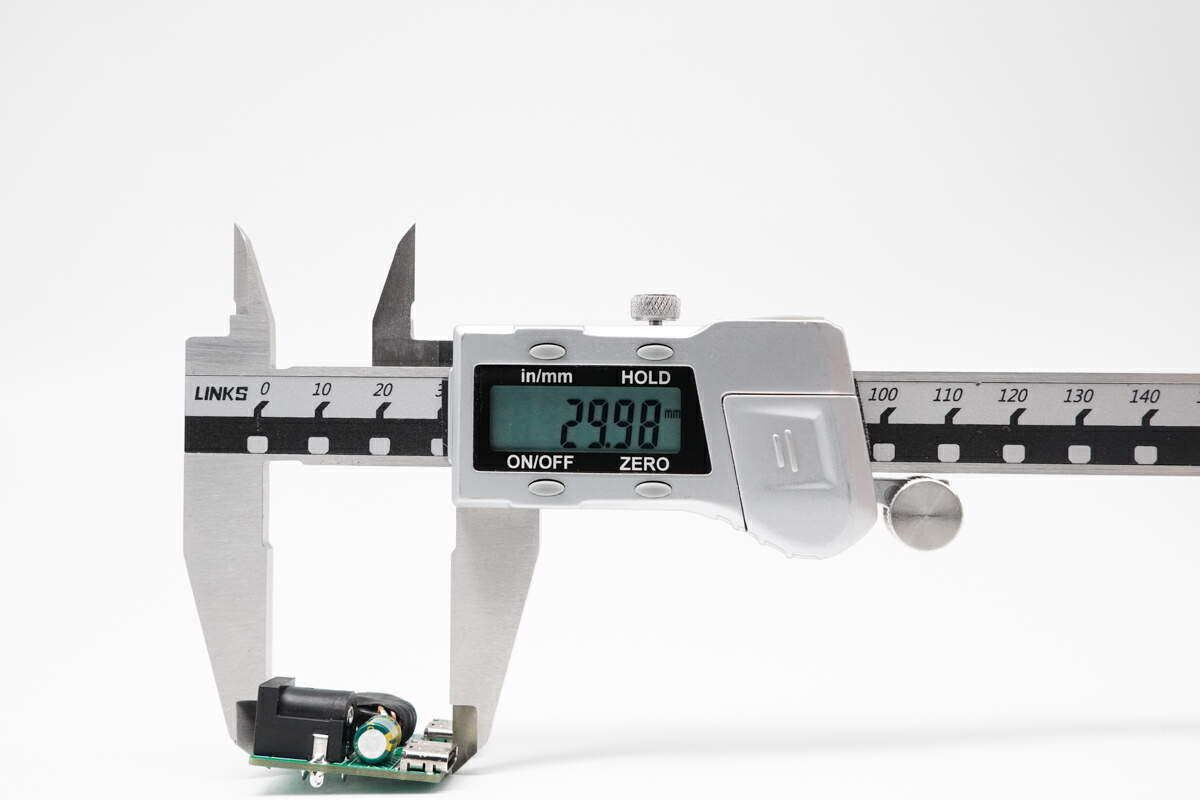
The length of the PCB is about 30mm (1.18 inches).
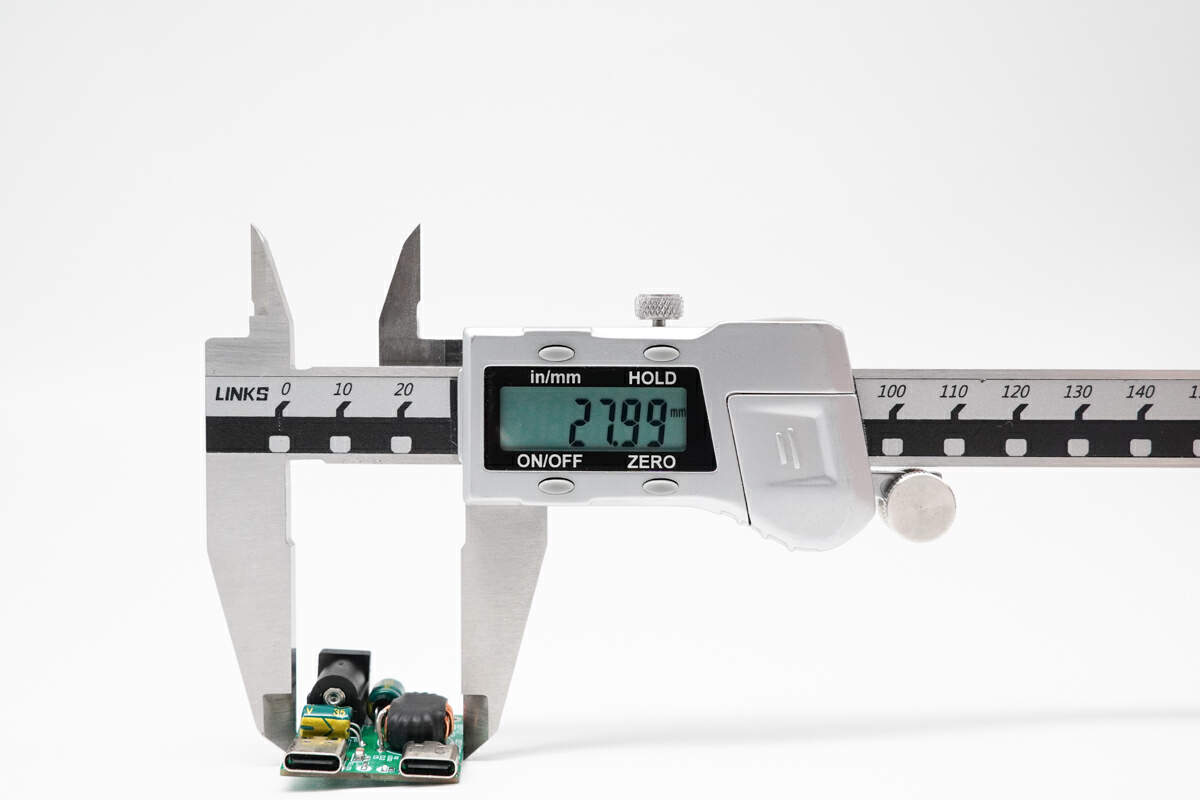
The width is about 28mm (1.10 inches).
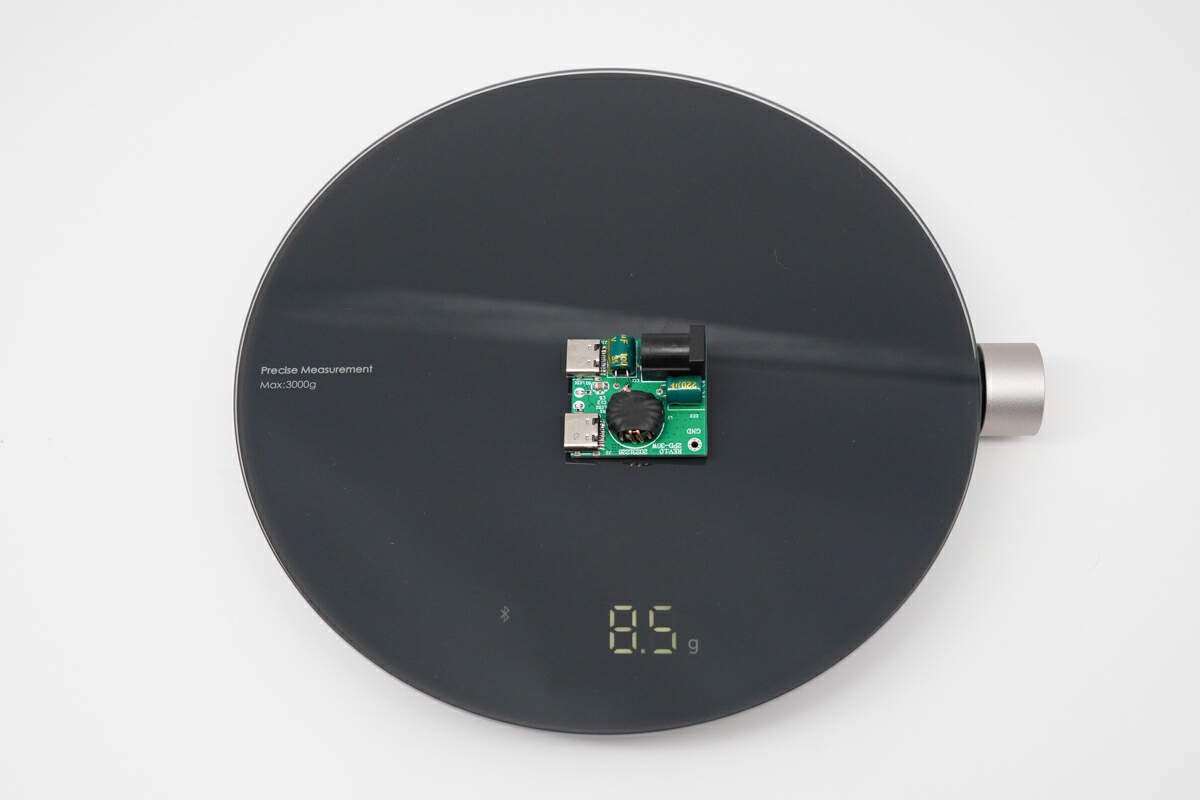
And the weight is about 8.5g (0.30 oz).
Protocol Test
Next, we selected a random DC power adapter for protocol testing; according to our tests, both USB-C ports have consistent charging protocols, so we'll only elaborate on one.
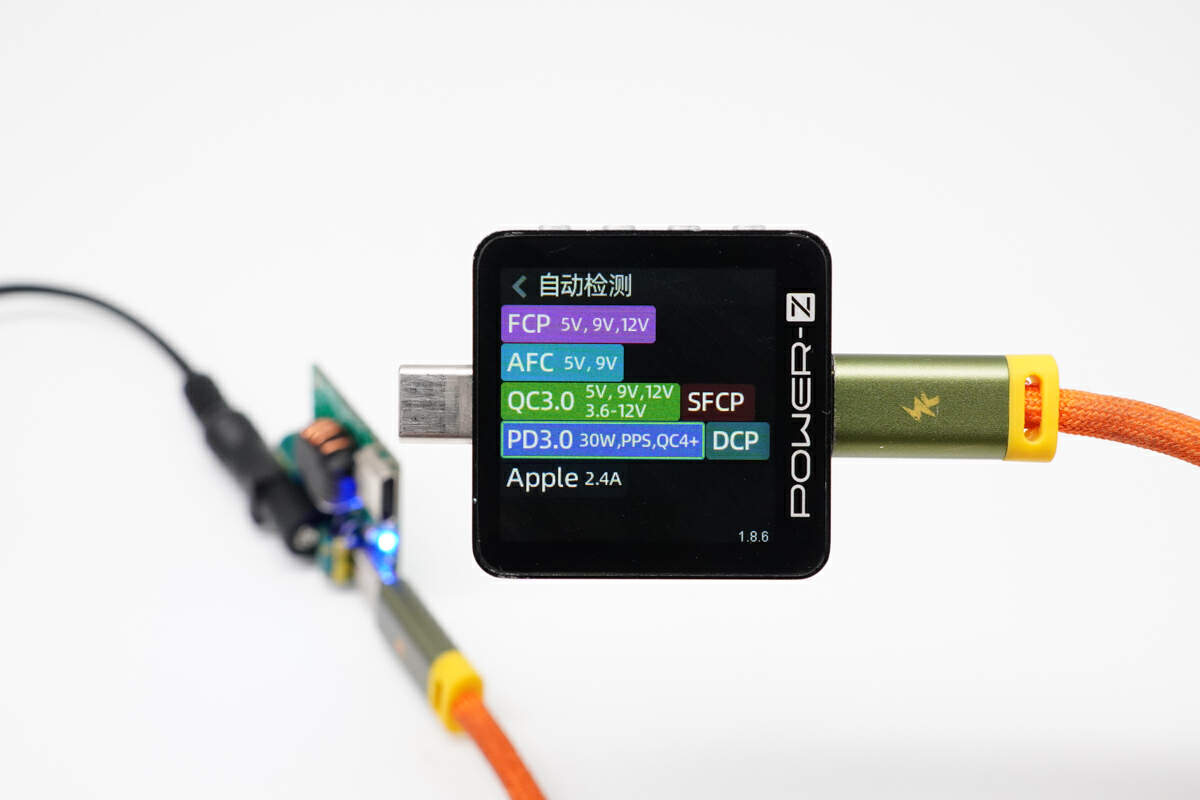
ChargerLAB POWER-Z KM003C shows that it can support FCP, AFC, QC3.1, SFCP, PD3.0, PPS, QC4+, DCP and Apple 2.4A protocols.
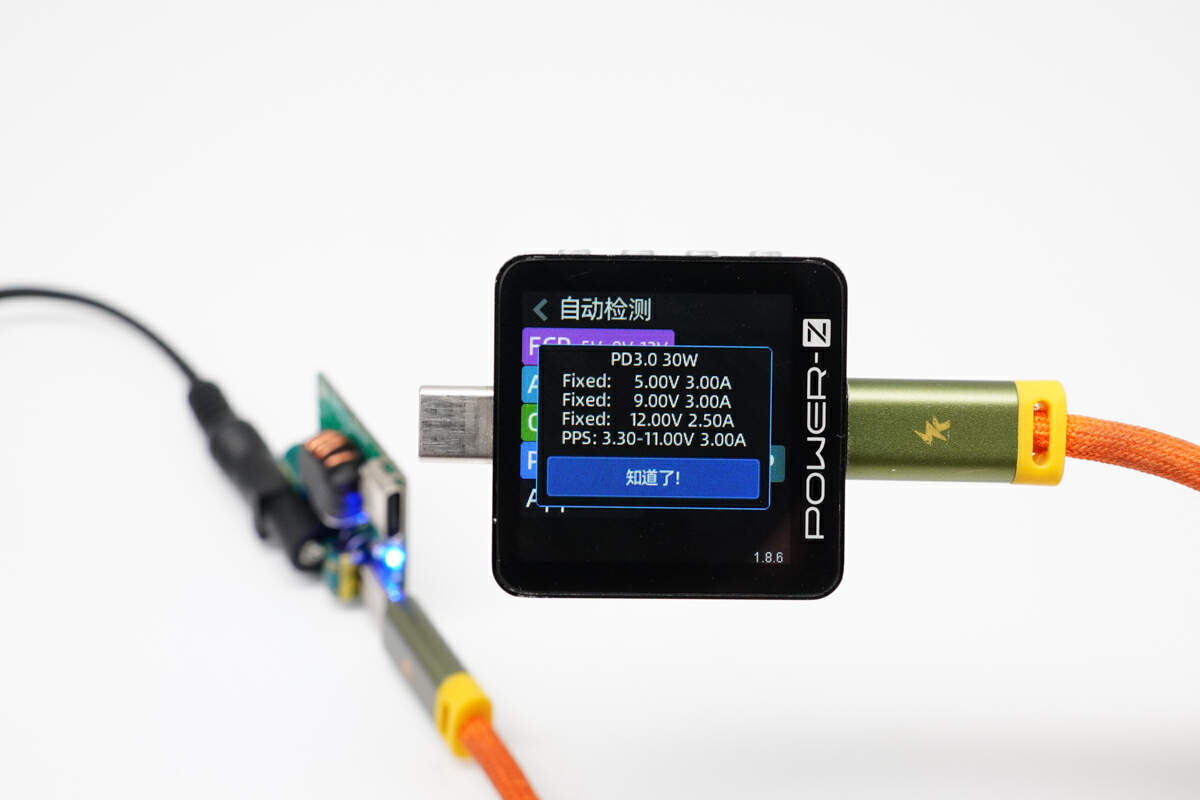
And it supports three fixed PDOs of 5V3A, 9V3A, 12V/2.5A, and a set of PPS, 3.3-11V/3A.
Charging Test
The maximum output power of this one is 30W; considering conversion efficiency, it needs to be greater than 35.294W, suggesting power adapters within the 12V-28V range, preferably 12V3A or higher, with power greater than 36W for the test.
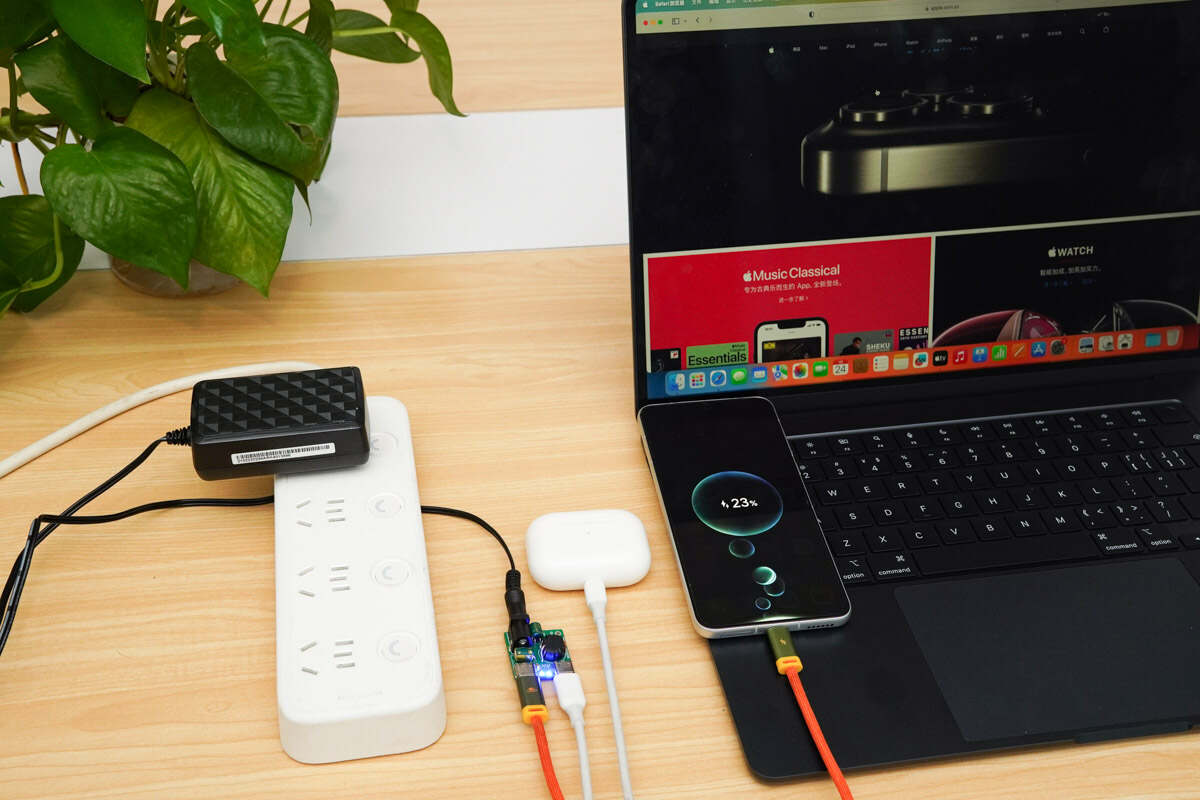
In other words, if the input power is below 36W, the power adapter may overload, so special attention is needed.
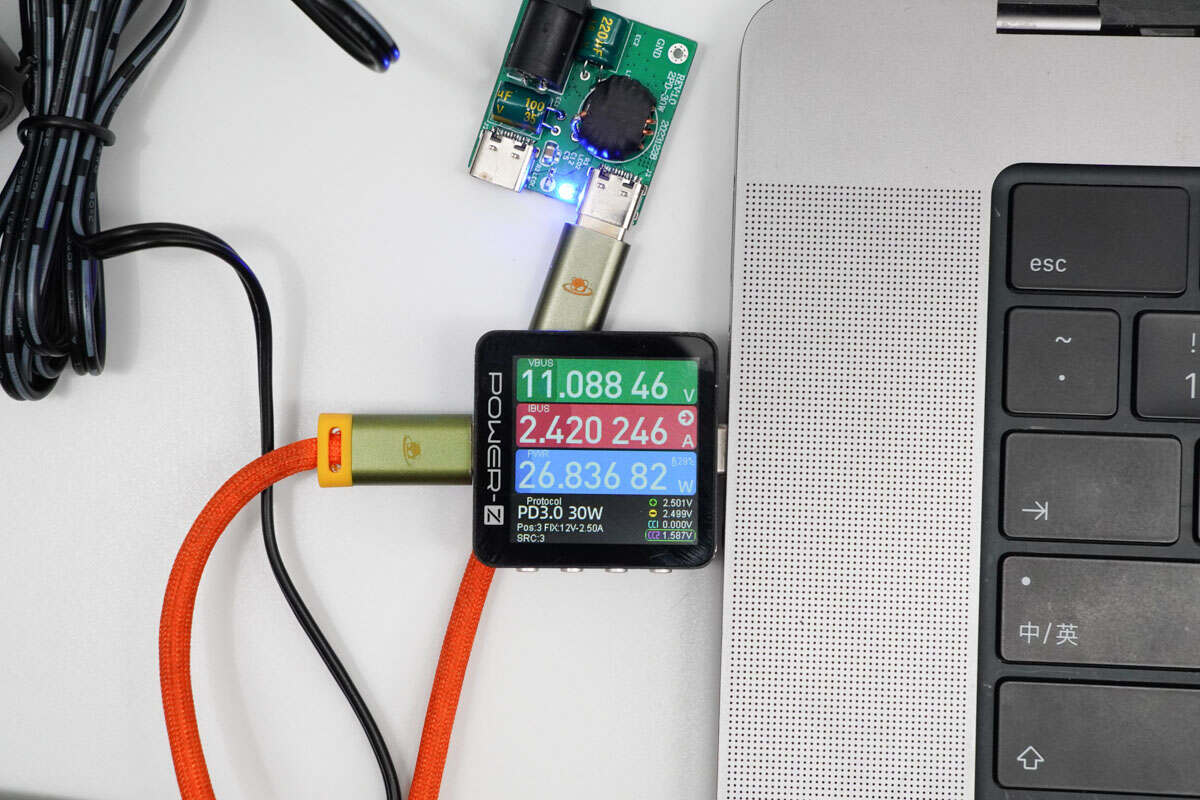
Connecting PDLink via a DC power adapter, ChargerLAB POWER-Z KM003C measured MacBook's input power as 11.09V 2.42A 26.84W when using a hundred-watt USB-C to USB-C charging cable to connect PDLink and MacBook.
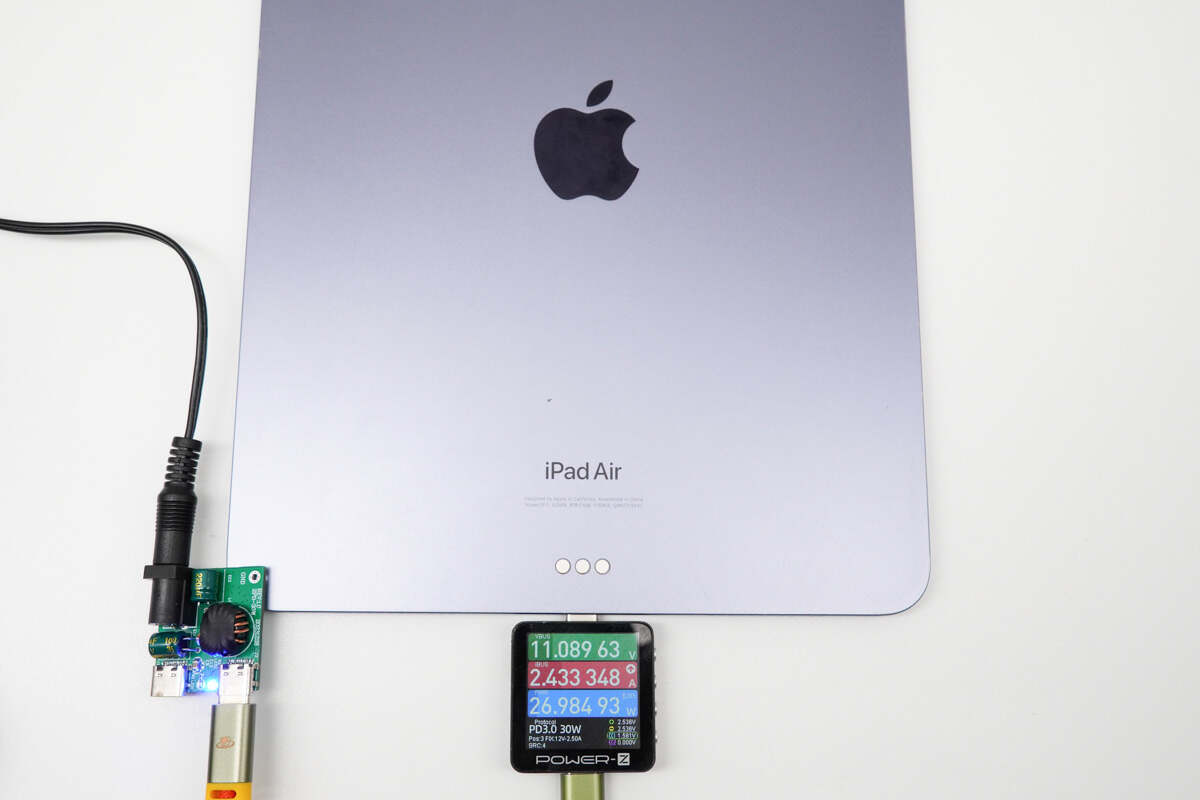
Switching to iPad Air, the input power at the tablet end was measured as 11.09V 2.43A 26.98W, almost identical to the MacBook.
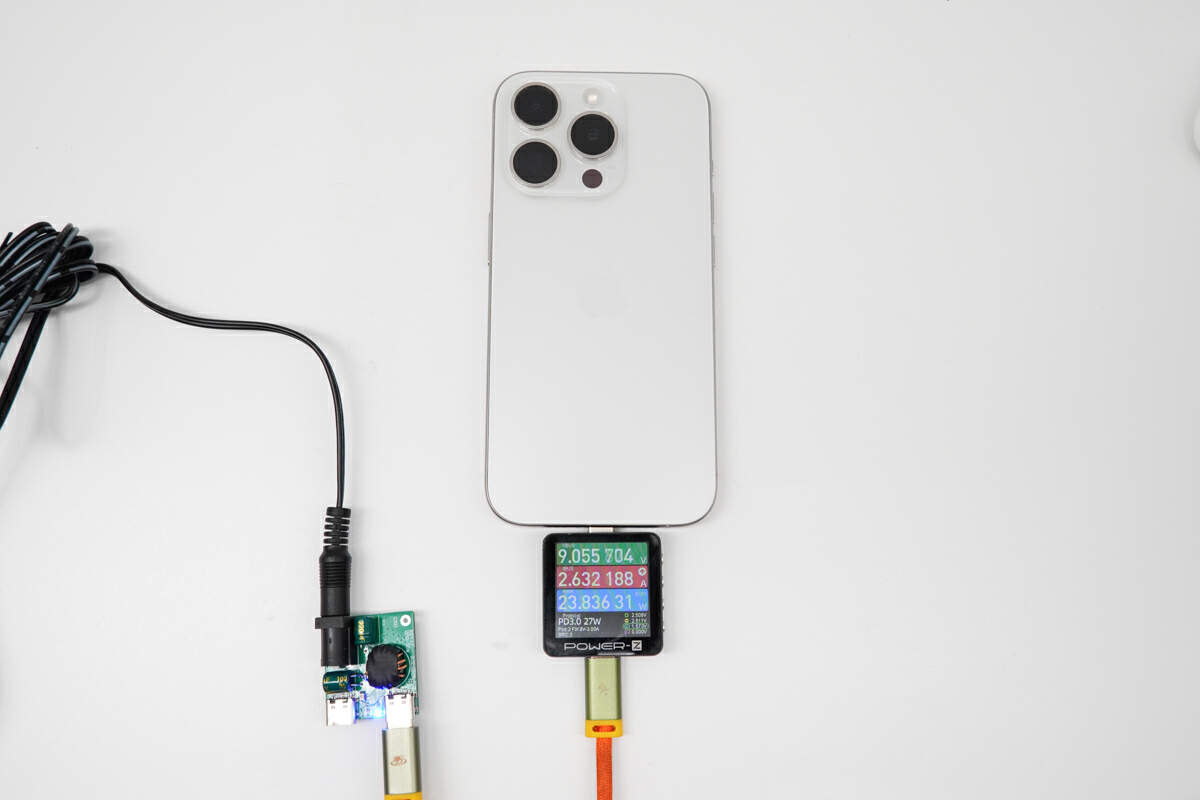
For the iPhone 15 Pro, which originally had a maximum charging power of around 20W, the charging power reached 24W, perfectly meeting charging needs.
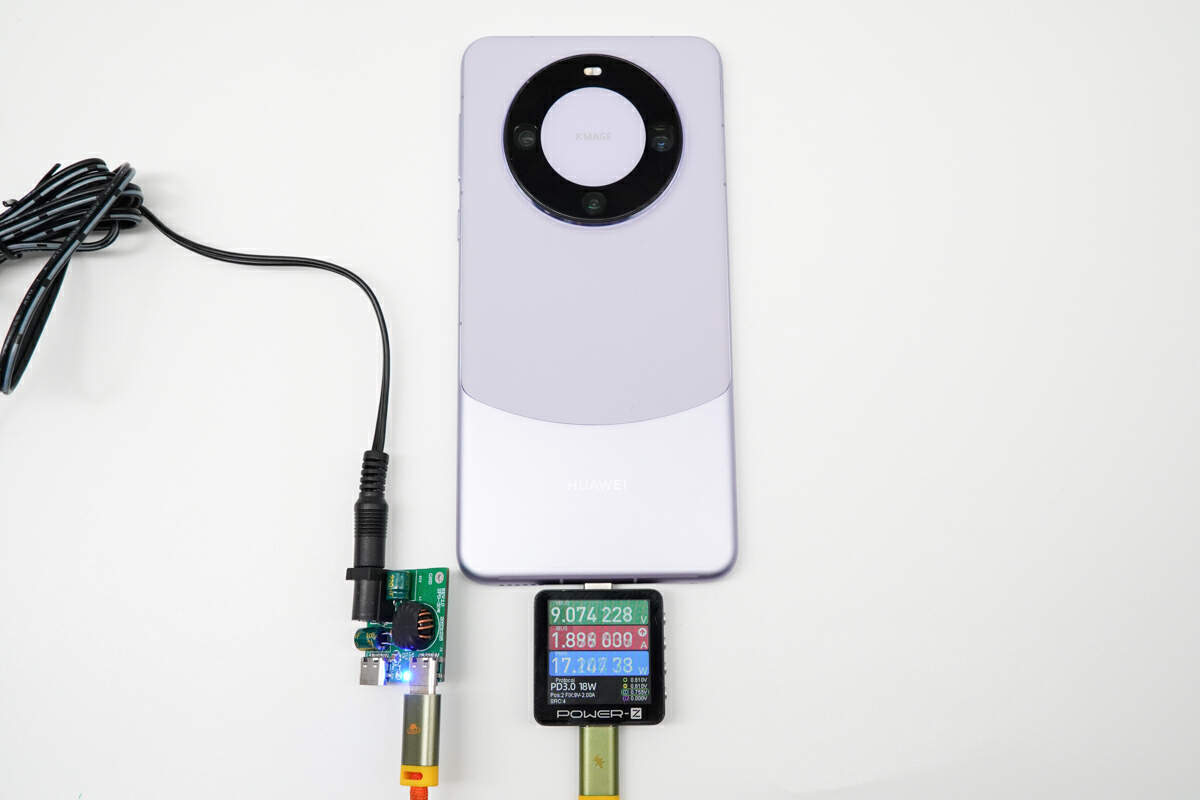
Next is the Mate 60 Pro, with a slightly lower input power of 9.07V 1.89A 17.14W.
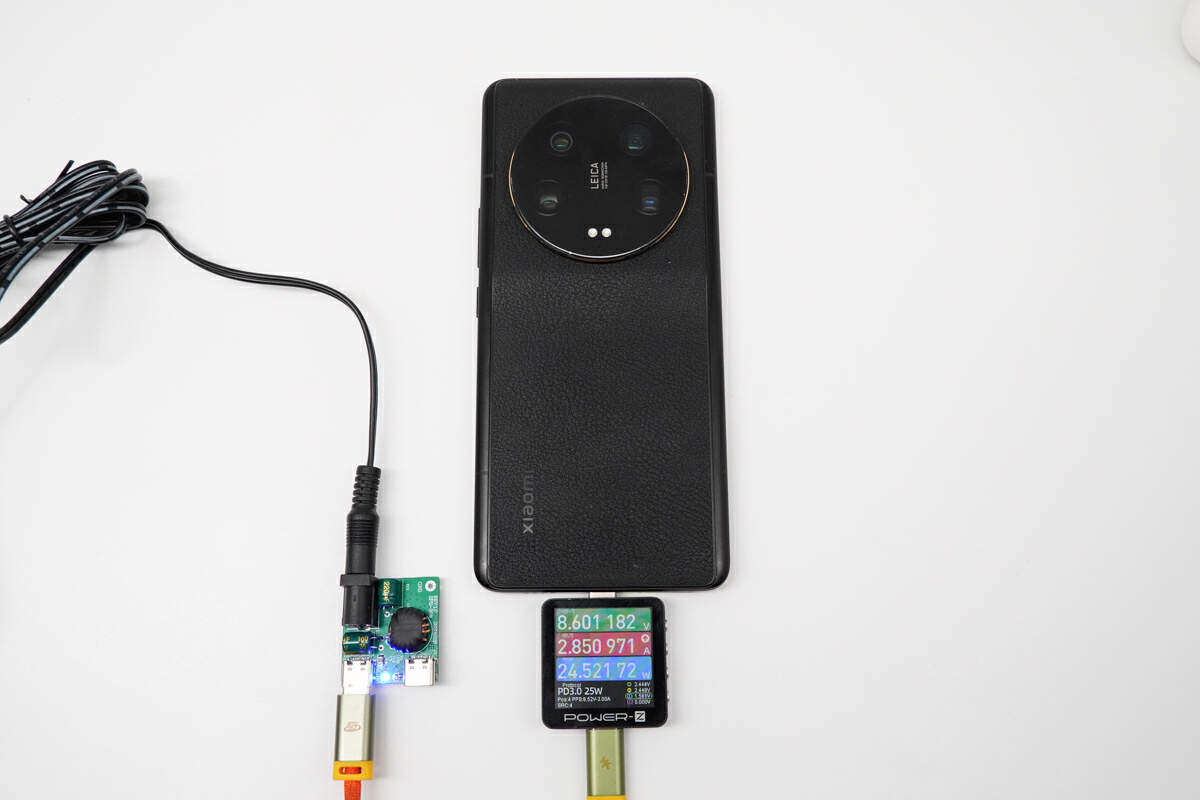
While the Xiaomi 13 Ultra can reach nearly 25W, which is quite good.
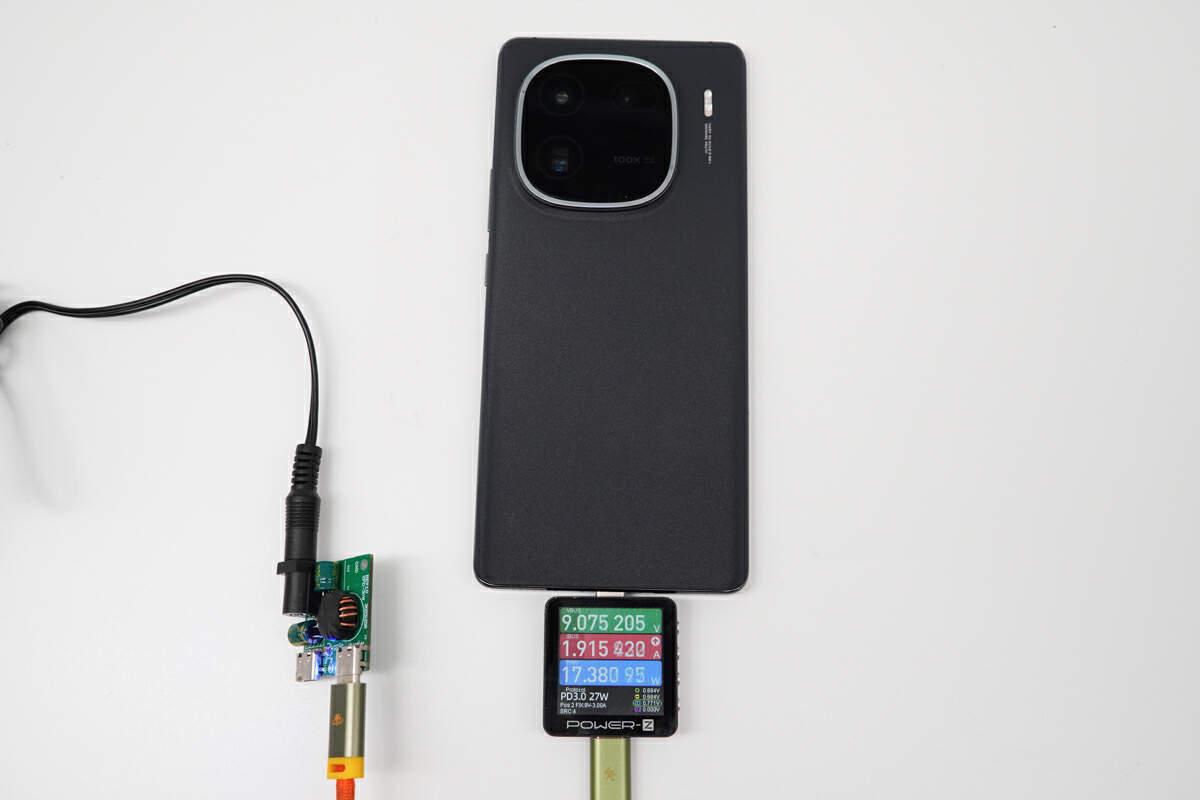
The result for iQOO 12 Pro was 9.08V 1.92A 17.38W.
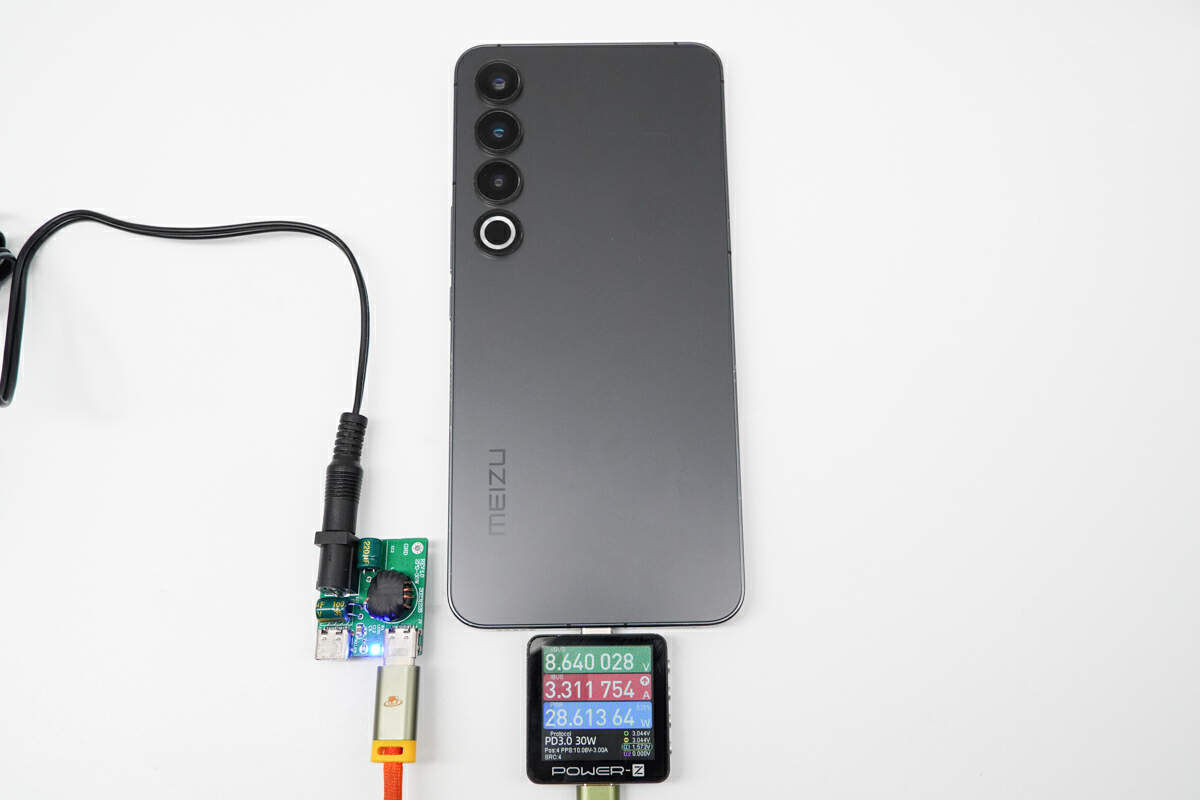
Finally, the Meizu 20 Pro, currently only sold in China, performed the best, with a measured input power of 8.64V 3.31A 28.61W.
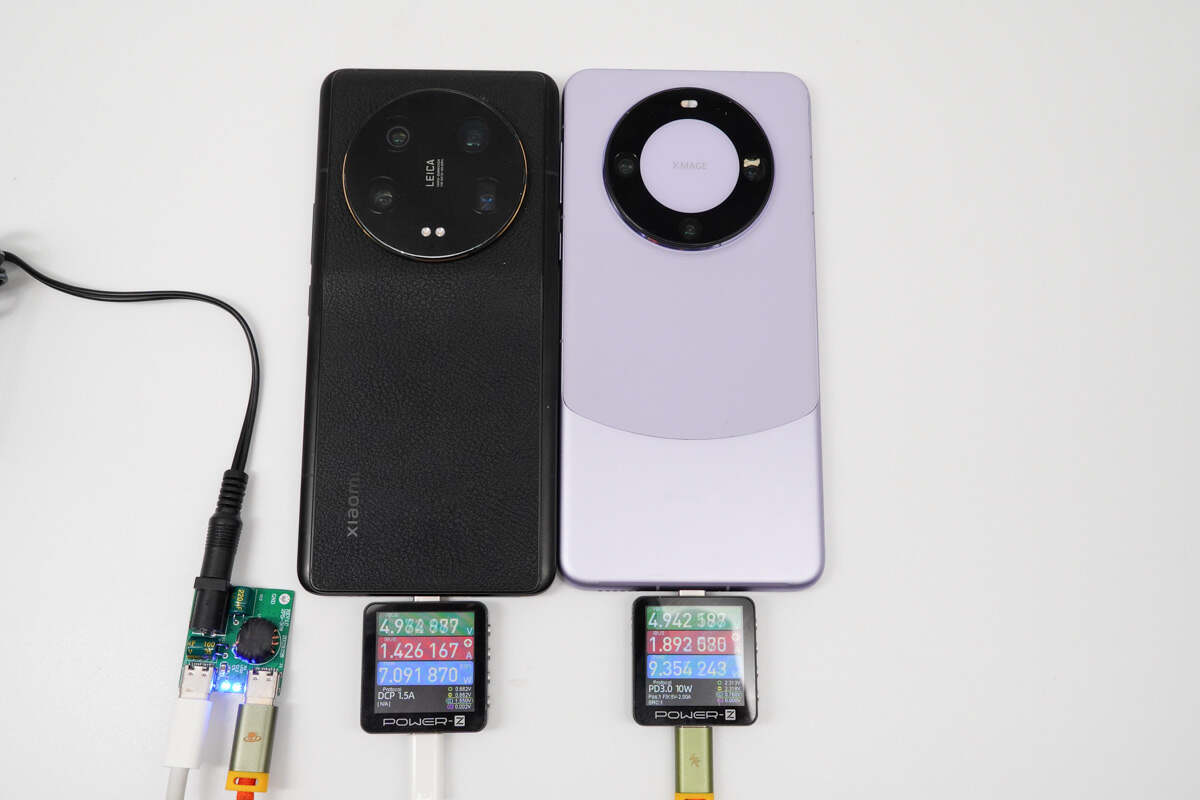
Let's see how dual-port charging performs. When simultaneously charging the Xiaomi 13 Ultra and Huawei Mate 60 Pro, the power outputs were 7.09W and 9.35W respectively.
In conclusion, the performance of PDLink's two USB-C ports is the same, with a maximum single-port charging power of 30W; when both ports are outputting simultaneously, the total output power is 5V3.4A.
Summary of ChargerLAB
Based on the above test results, PDLink's USB-C ports provide output power equivalent to the original adapter, offering efficient charging conversion, and can charge two devices simultaneously. Users can repurpose idle DC power adapters for routers, desk lamps, speakers, and more, compatible with mainstream charging methods, not only environmentally friendly but also saving money.
Related Articles:
1. Charging Compatibility Test of Injoinic IP6565 Protocol Converter (PDLink Demo)
2. Teardown of HP 4.5mm and USB Dock Adapter (HSA-B006)
3. Suitable for Lithium-ion Battery Pack of 24V~36V | Analysis of Infineon XDPS2201 Prototype

